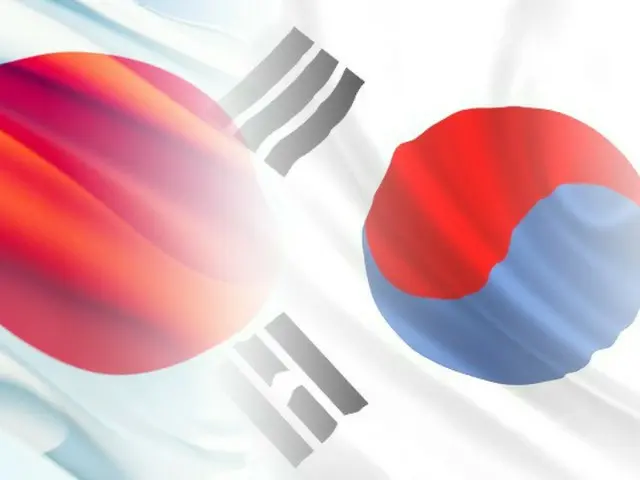On the other hand, they have expressed concern that the weakening of Prime Minister Shigeru Ishiba's centripetal force could have a negative impact on future Japan-Korea relations.
The 27th House of Councillors election was held on the 20th, and the ruling coalition of the Liberal Democratic Party and Komeito suffered a major defeat, winning only 47 seats in total.
The party fell below its previous 125 seats. Following the House of Representatives, the party was reduced to a minority in the House of Councillors as well, but Prime Minister Ishiba held a press conference on the afternoon of the 21st and announced that he would continue in office. Ishiba said, "We have received an extremely harsh judgment.
"It is extremely regrettable that capable members of both the Democratic Party and Komeito were unable to obtain seats, and I would like to offer my deepest apologies," he said, adding, "In a tough environment, we were able to secure seats that make us the largest party in the country.
"What is important is to avoid stagnation in national politics and to fulfill our responsibilities to the nation and its people," he said. However, this has met with opposition from within the LDP, with some saying, "We need to bring down Ishiba."
"It's only a matter of time before that happens," and calls for his resignation are coming in one after another. Immediately after the polls closed in South Korea, the news agency Yonhap News reported the results of exit polls conducted by Japanese media.
Following the historic defeat of the LDP and Komeito, major Korean newspapers reported that "the blow to the 'pro-Korean' Prime Minister Ishiba is inevitable, and dark clouds hang over Korea-Japan relations" (Chosun Ilbo).
The articles ran headlines such as these, and expressed concern about the declining appeal of Prime Minister Ishiba, who has an image of being pro-Korea in South Korea, and the impact this will have on future Japan-South Korea relations.
President Lee Jae Myung, who took office on the 4th of last month, has expressed his desire to maintain the current good relationship with Japan.
At the G7 Summit held in Ski, Lee held his first summit meeting with Ishiba. During the meeting, Ishiba told Lee, "This year marks the 60th anniversary of the normalization of diplomatic relations between Japan and South Korea.
"I hope that exchanges will become more active not only between governments and companies, but also between the people of Japan and Korea, and that cooperation and collaboration between the two countries will become a great force for the region and the world," Lee said.
"It's like neighbors who share a garden. It's an inseparable relationship," he said. "There are small differences and differences of opinion, but we can overcome those differences and cooperate with each other in various areas."
"I hope that the relationship will further develop into one that is useful to both countries," he said. The two leaders also confirmed their intention to resume "shuttle diplomacy," a system of mutual visits between the leaders of Japan and South Korea, in order to aim for the stable development of Japan-South Korea relations.
However, following the ruling party's crushing defeat in the recent Upper House elections, the Chosun Ilbo expressed concern that "the results of Japan's elections are likely to have a sudden impact in the future."
"It's the 10th anniversary of the establishment of the Japan-Korea Treaty, but even with the presidential election in South Korea brought forward, it was expected that things would proceed smoothly thanks to the positive attitude of both leaders," he said, adding that the loss of Ishiba's influence in South Korea due to his election defeat had led to a decline in his influence.
"There is also a view that it will be difficult to take a positive stance (on South Korea) due to the strong conservative voters who are critical of the US," the report said.
Regarding diplomatic relations, he expressed concern that "depending on the political situation in Japan, it may be postponed." The South Korean media also reported on the progress of the pro-Japanese parties in the recent House of Councillors election.
"The Democratic Party of Japan, which had only two seats before the election, suddenly gained 14 seats, creating a whirlwind of momentum," the Yonhap News Agency reported.
The Munhwa Ilbo introduced the party as a right-wing minority party that advocates "the right-wing ideology of the Korean Peninsula." It expressed concern over the party's future expansion. In an editorial, the Munhwa Ilbo stated, "If the far-right opposition party continues to raise historical and territorial issues and destabilize the government, cooperation between Japan and South Korea will be shaken.
There is a risk," he said.
2025/07/22 11:39 KST
Copyrights(C)wowkorea.jp 5

